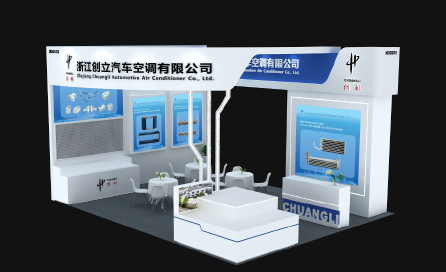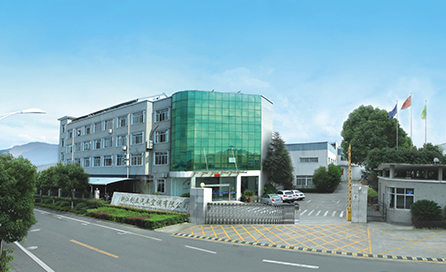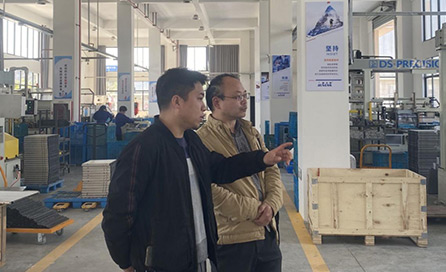The use, maintenance, and upkeep of automotive air conditioning
1. Choose the appropriate air conditioning temperature. Of course, in summer, many people like to set the temperature very low. Little do they know that setting the temperature too low can affect physical health, so it is important to adjust the air conditioning temperature appropriately. The most suitable temperature for the human body is between 20 ℃ and 25 ℃. If it exceeds 28 ℃, people will feel stuffy and hot. And below 14 ℃, people will feel cold. Therefore, the air conditioning should control the temperature inside the car between 18 ℃ and 25 ℃, as low temperatures can easily lead to illness.
2. Start the internal circulation immediately when entering the car in summer. When the car is parked in the scorching sun for a long time, some car owners like to immediately turn on the air conditioning and start the internal circulation as soon as they start the car, thinking that this can make the temperature inside the carriage drop faster. But because the temperature inside the car is higher than the temperature outside, this actually has a negative effect. When entering the car, you should first open the window for ventilation and start the external circulation to exhaust all the hot air. After the temperature inside the carriage drops, switch to internal circulation.
3. People know to use air conditioning in a fully enclosed state. The same applies to car air conditioning. If the doors and windows are not tightly closed during use, it will result in poor cooling performance and waste fuel.
4. Adjust the direction of the air outlet freely. Some car owners do not pay attention to adjusting the direction of the air conditioning when using it, which is not conducive to achieving the best effect of the air conditioning. According to the principle of cold air sinking and hot air rising, the correct approach should be to turn on the air conditioner with the air outlet facing upwards and the heating system with the air outlet facing downwards.
5. Keep the air conditioning on for a long time. Some car owners often keep the air conditioning on for a long time after getting on the car, but prolonged use of the air conditioning can cause excessive pressure in the condenser, which can cause damage to the refrigeration system. This is because the air conditioning is a heavy burden on the engine, and the engine itself is a heating element, let alone in hot weather. Some small displacement cars may even experience water boiling in this situation, which affects driving and reduces air conditioning efficiency. Therefore, the air conditioning should not be used for too long each time. If the temperature inside the car has reached a comfortable level, the air conditioning can be turned off and turned on at intervals.
6. Do not smoke in the car with the air conditioning on. Due to smoking inside the carriage, the smoke cannot be expelled at once, which irritates the eyes and respiratory system and is not conducive to health. If smoking, the air conditioning ventilation control should be adjusted to the "exhaust" position to allow the smoke inside the carriage to be discharged outside the carriage.
7. Do not rest or sleep for long periods in parked cars with air conditioning on. Due to the good sealing of the car, when the vehicle is parked, the ventilation inside the cabin is poor. If the air conditioning is turned on to rest or sleep at this time, it is likely that carbon monoxide gas emitted by the engine will leak into the car, causing poisoning and even death.
8. Try not to use air conditioning when driving at low speeds. When encountering traffic congestion while driving, do not run the engine at a higher speed to improve air conditioning efficiency, as this has adverse effects on the service life of the engine and air conditioning compressor.
9. Turn off the engine before turning off the air conditioning. Some car owners often think of turning off the air conditioning only after turning off the engine, which is harmful to the engine because it will start with the load of the air conditioning the next time the vehicle starts, and such high loads will damage the engine. Therefore, after each parking, the air conditioning should be turned off first and then turned off, and the air conditioning should also be turned on after the vehicle has been started for two to three minutes and the engine has been lubricated.


 admin
admin 




